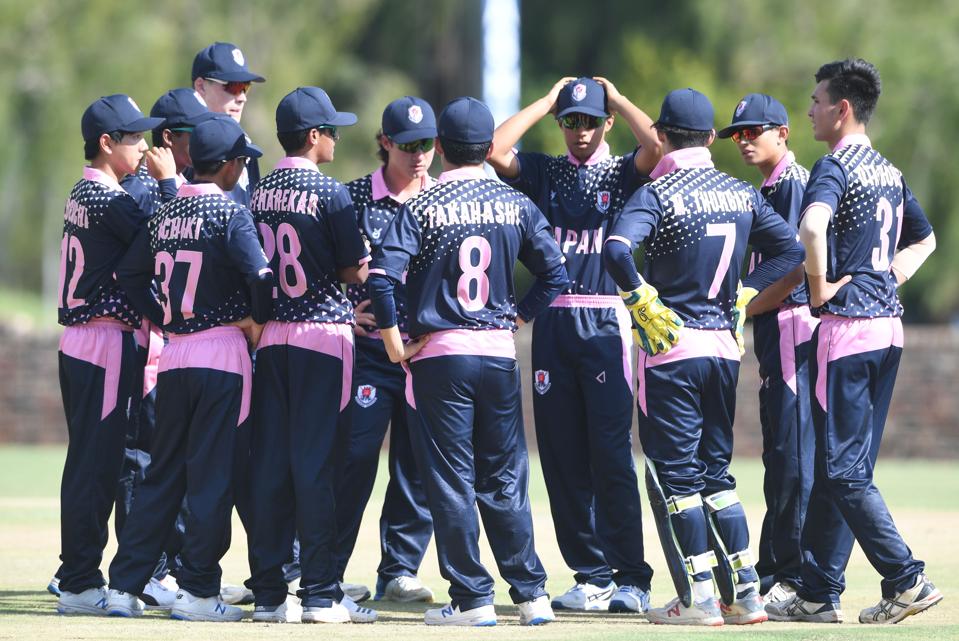As the financial power gears up to host one of the biggest sports events in 2026, hoping a cricket legacy will be established well beyond the Asian Games, Japan is emerging as a major growth destination for a sport finally moving beyond its British colonial roots.
Japan, where cricket’s bat and ball rival baseball holds total sway, will host the Asian Games next September-October in Aichi-Nagoya, located on the Pacific Ocean coast.
There has been much riding on the Asian Games, the second biggest multi-sports event in the world behind the Olympics.
There had been fears that cricket would be culled, given it is a minor sport in Japan and the difficulty of finding an oval-shaped ground. But cricket was included to much widespread relief and attention quickly turned to establishing a permanent ground.
As I reported in June, the Korogi Athletic Park, about 15 miles from Nagoya and distinguished by three baseball fields, is to be repurposed into a permanent cricket ground.
It is hoped that the site in the city of Nisshin can become the second main ground in Japan. It is learned that development will start early next year after winter, with a turf wicket to be installed and so too potentially training nets.
There are long-term strategies from powerbrokers for Japan to host major global cricket events, as the sport’s administrators put more effort into cracking into big financial markets.
The U.S. has been cricket’s No.1 target market for some time, but there has been encouraging development in Brazil and Germany while China has re-emerged after a period in the wilderness.
Japan, the fourth largest economy in the world, is particularly appealing due to its infatuation with baseball, its No.1 sport that has some characteristics similar to cricket. Cricket also hopes to start infiltrating East Asia where baseball has long had a foothold.
“We see a lot of these guys that play baseball, pick up cricket and they’ve got a lot of natural skills,” Japan men’s captain Kendel Fleming told me. “They’ve got really good hand-eye coordination, they’re able to hit pretty hard, and they’re elite ground fielders.
“Obviously there are some differences between the sports. Facing spin bowling is difficult for those guys used to baseball and so too catching in the outfield without a mitt.
“It’s about raising awareness in the country. Hosting the Asian Games next year is obviously a good opportunity to increase exposure across Japan.”
Fleming developed his love for cricket when he moved to Australia at a young age and he has become a key in helping build the blocks for the sport to seriously emerge in Japan.
The men’s and women’s national teams are around 40 in the T20I rankings, while – encouragingly – the country’s best youngsters have qualified for the upcoming under-19 World Cup.
A likely increase of numbers at the men’s T20 World Cup – hoped to eventually hit 32 as I reported mid-year – makes it a realistic goal for Japan to eventually make history and qualify for one of the sport’s showpiece events.
“We were only of couple of wins away from making next year’s T20 World Cup, so it’s definitely a stated goal of ours to try to qualify,” said Fleming, a cricket agent in Australia.
“I think that we have to continue putting in a lot of hard work and I’m really passionate about developing the next players from Japan. More exposure on tv and at big events like the Asian Games will really help.
“We’re focusing on T20, which is the growth engine of the sport and even T10 cricket. If we could make a T20 World Cup, that’d be an amazing step for Japan.”
The T20 format will be played at next year’s Asian Games, where cricket has been part of the programme previously in 2010, 2014 and 2023.

